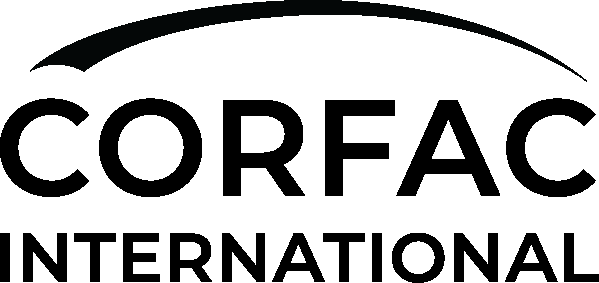Does A Strong U.S. Dollar Mean Now Is A Prime Time To Consider Foreign Investment?

While the U.S. economy may be in a turbulent state at the moment, the dollar’s value is soaring. As the Federal Reserve continues to raise interest rates in response to skyrocketing inflation, the U.S. Dollar Index, which measures the dollar against other currencies, is up 17% so far this year.
According to Iain Sayer of HWBC/CORFAC International, Dublin, the strength of the dollar makes now a great time for U.S.-based investors to acquire European real estate assets at relative values that are unlikely to be repeated.
“Many major investors have already been quick to take advantage of the current market,” Sayer wrote in a post for CORFAC. “In Dublin, we have seen Blackstone acquire the Salesforce Tower for €500m, a purchase that represents $477M at today’s rates against $585M at the 52-week low — a staggering switch.”
In 2021, foreign investors saw their opportunity to dive into U.S. real estate while the market was still recovering from the impacts of the pandemic. Foreign investors purchased an estimated $57.7B in U.S. CRE, according to NAR's 2022 Commercial Real Estate International Business Trends report.
Now, the time is right for U.S. investors to return the favor. As Forbes explained, if an investor purchased a building nine years ago for €100K they would have spent $133K at the 2013 exchange rate of $1.33 to the euro. Today, that same property would only cost $99K at today’s $0.99 per euro.
Sayer said while it isn’t clear how long the strength of the dollar will last — or if it will possibly even get stronger — real estate investors typically have a long-term plan and could see foreign exchange gains on top of real estate returns.
He added that while inflation continues to be a serious concern in both the U.S. and Europe due to natural gas shortages as a result of the war in Ukraine, real estate could be a good hedge against rising economic uncertainty.
Property rents often rise along with the rate of inflation, and investing in a rental property means CRE owners may be able to raise rates along with inflation and provide themselves with a stable source of income during difficult times. Every 1% increase in inflation is associated with a 1.1% increase in total returns, according to a recent analysis from Cushman & Wakefield. Additionally, conditions like this result in lower cap rates across property sectors.
“In other words, commercial real estate not only protects against higher inflation but provides outsize returns specifically in these environments,” the Cushman & Wakefield report stated.
Investing in overseas property, specifically, can be a smart way for investors to diversify their portfolio. While economic activity, geopolitical circumstances and interest rates can all impact the value of a property, they also open the door to new opportunities, depending on market conditions in each particular country where an investor owns property. Additionally, there is an opportunity to offset foreign income tax for those who are paying tax overseas on rental income or capital gains, according to HWBC.
Sayer said many investors are targeting assets with indexed-linked rents or assets in the residential sector that typically offer more regular rising of rents to market levels than commercial assets.
“European markets offer a wealth of opportunity for new investors, particularly those unburdened by legacy deals that began during the previous low interest rate and low inflation environment,” he said. “Many investors are finding opportunities to recapitalize or purchase assets with promoters in distress after their original business plan has failed in the new market environment.”
This article was produced in collaboration between CORFAC International and Studio B. Bisnow news staff was not involved in the production of this content.
Studio B is Bisnow’s in-house content and design studio. To learn more about how Studio B can help your team, reach out to studio@bisnow.com.

